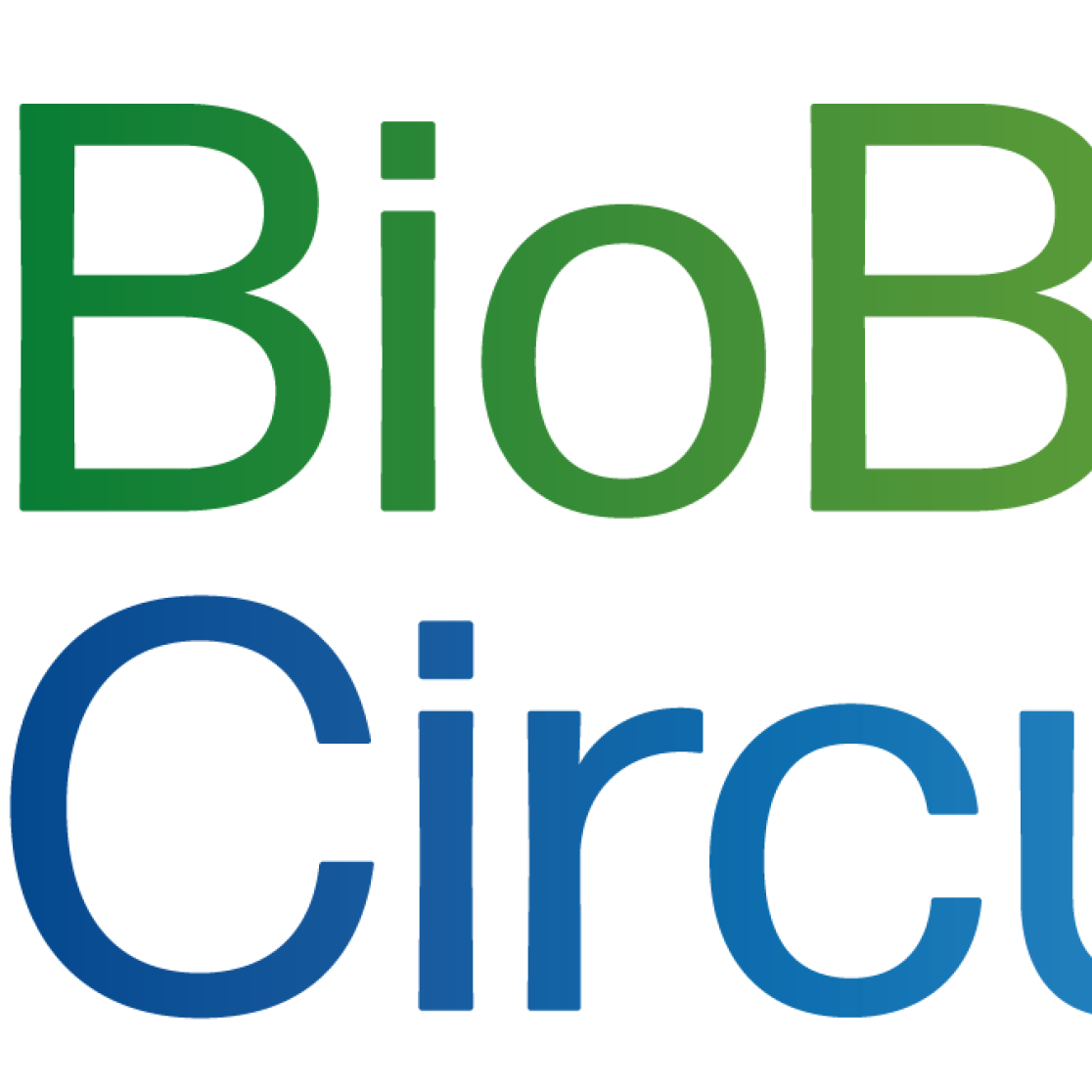Dutch cabinet reserves millions for BioBased Circular | Nationaal Groeifonds
With the National Growth Fund (NGF), the Dutch government is investing €20 billion spread across five rounds between 2021 and 2025 in projects that will ensure long-term economic growth in the Netherlands.
In the latest round, a total of 45 projects were submitted for approval. After undergoing a thorough evaluation by an independent committee, 18 submissions were selected. Among these 18 submissions, Maastricht University is represented in four submissions, BioBased Circular (BBC) being one of the submitted projects in which the School of Business and Economics is involved.
The catalyst of the team that wrote the proposal for Biobased Circular, Herman Wories, is Program Director at the Brightlands Institute for Supply Chain Innovation (BISCI). He was involved in a previous attempt at attaining the National Growth Fund that barely missed the mark. However, Herman and his team, based on valuable lessons learned, decided to stubbornly try again. By changing the scope of the project and building a much broader consortium, BioBased Circular came into existence and was chosen by the National Growth Fund.
BioBased Circular
In their submission, the team of BioBased Circular stated that their ambition is to make the Netherlands a European leader as a developer, producer and processor of carbohydrate-based building blocks and polymer products. Their goal is to demonstrate (at scale) how a new circular economy can be implemented.
The project aims to establish and accelerate a new circular industry for bio-based polymer materials and products in the Netherlands. They want to achieve this by promoting cooperation with SMEs (small and medium-sized enterprises), the agricultural sector, the chemical industry, logistics and recycling companies.
The Netherlands currently has a prime starting position with leading start-ups and scale-ups in innovative technology, a solid base in research, fundamental knowledge in several universities and a strong chemical and agricultural sector. With this contribution, the National Growth Fund wants to transform this promising combination into new economic activity, employment and greenhouse gas emission reduction.

Key Technology for the future of the Netherlands
In the highly likely scenario that through this project, the Netherlands becomes a development hub and knowledge exporter, BioBased Circular envisions €1.5 billion in gross domestic product growth by 2050. Specifically, it leads to 2.5 million tonnes of annual CO2 savings and 3,500 new jobs in the agri-food, forestry, recycling, and chemical manufacturing sectors.
As such, the National Growth Fund categorized BioBased Circular as a “sleuteltechnologie” or key technology. Key technologies are crucial in driving innovation and advancements across various sectors. They have a broad scope and impact, enabling breakthroughs in processes, products, and services. These technologies are instrumental in solving societal challenges and significantly contribute to the economy by creating new businesses and opening up new markets. Their development paves the way for the emergence of new business models that foster collaboration within and beyond circular value chains.
Next Steps
The National Growth Fund has taken out €338 million for this project. Part (€102 million) of this is conditional (voorwaardelijk) approved. Another part (€236 million) is put in reserve (in reservering toegekend), which means that although the National Growth Fund likes the premise of the proposal and wishes to invest, they require a better justification for certain parts.
In the coming period, Herman and the team at BioBased Circular will answer a number of questions identified by the National Growth Fund. Once these answers are approved, the project could start its implementation in early 2024.
The BioBased Circular Growth Fund proposal was submitted by the Ministry of Economic Affairs and Climate on behalf of the Groene Chemie, Nieuwe Economie platform and TKI Agri & Food. BioBased Circular is supported by more than 125 companies, NGOs, and knowledge institutions like the Brightlands Institute for Supply Chain Innovation.
If you would like to know more about the proposal or would like to join, you can reach out to:
Arnold Stokking (Groene Chemie, Nieuwe Economie)
Kees de Gooijer (TKI Agri & Food)
Relevant links
BioBased Circular: Naar een natuurlijke materialenkringloop
Report Sustainability of bioplastics from carbohydrates (Dutch)
Also read
-
A Different Conversation: How a Female Investment Network is Shaping Entrepreneurship
Why do female entrepreneurs struggle to secure funding in today’s competitive ecosystem? Despite efforts to level the playing field, women continue to face significant barriers when pitching their ventures to investors. But with a growing focus on sustainability and social impact, can female-led...

-
When Transitions Hit Home: Exploring the decarbonisation divide in domestic heating and cooling
The Netherlands stands at the threshold of a monumental task: the decarbonisation of nearly 8 million homes by 2050. As society navigates this transition away from fossil fuels, communities encounter both promising opportunities and significant hurdles. Job Zomerplaag’s PhD project, provisionally...

-
Capital IQ Transcripts data for UM Researchers
Have you noticed the latest addition to the WRDS research data platform during your recent browsing sessions? If not, take a moment to check again—you’re in for some exciting news! Thanks to the generous support from MORSE and individual researchers within SBE, UM researchers now have access to Capi...